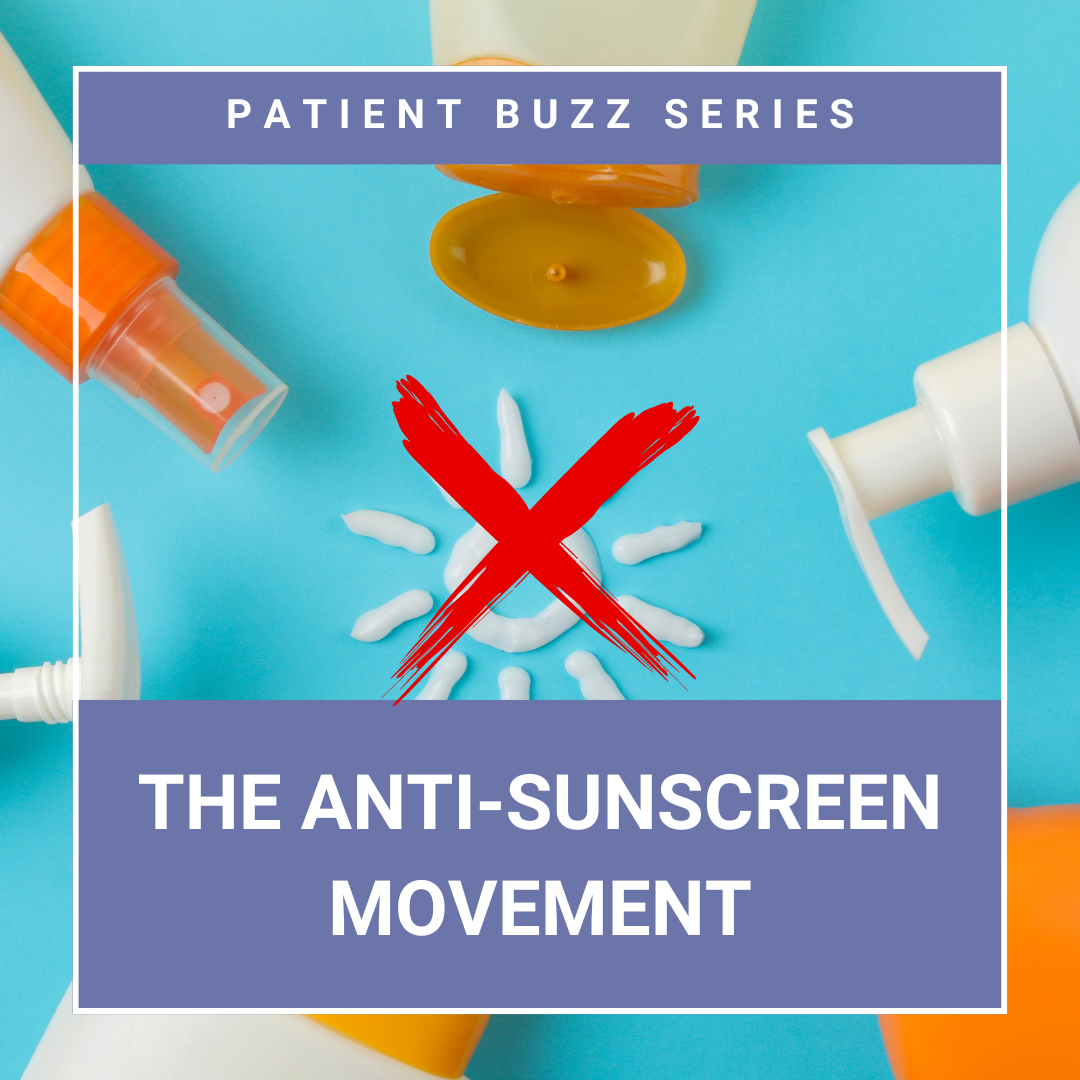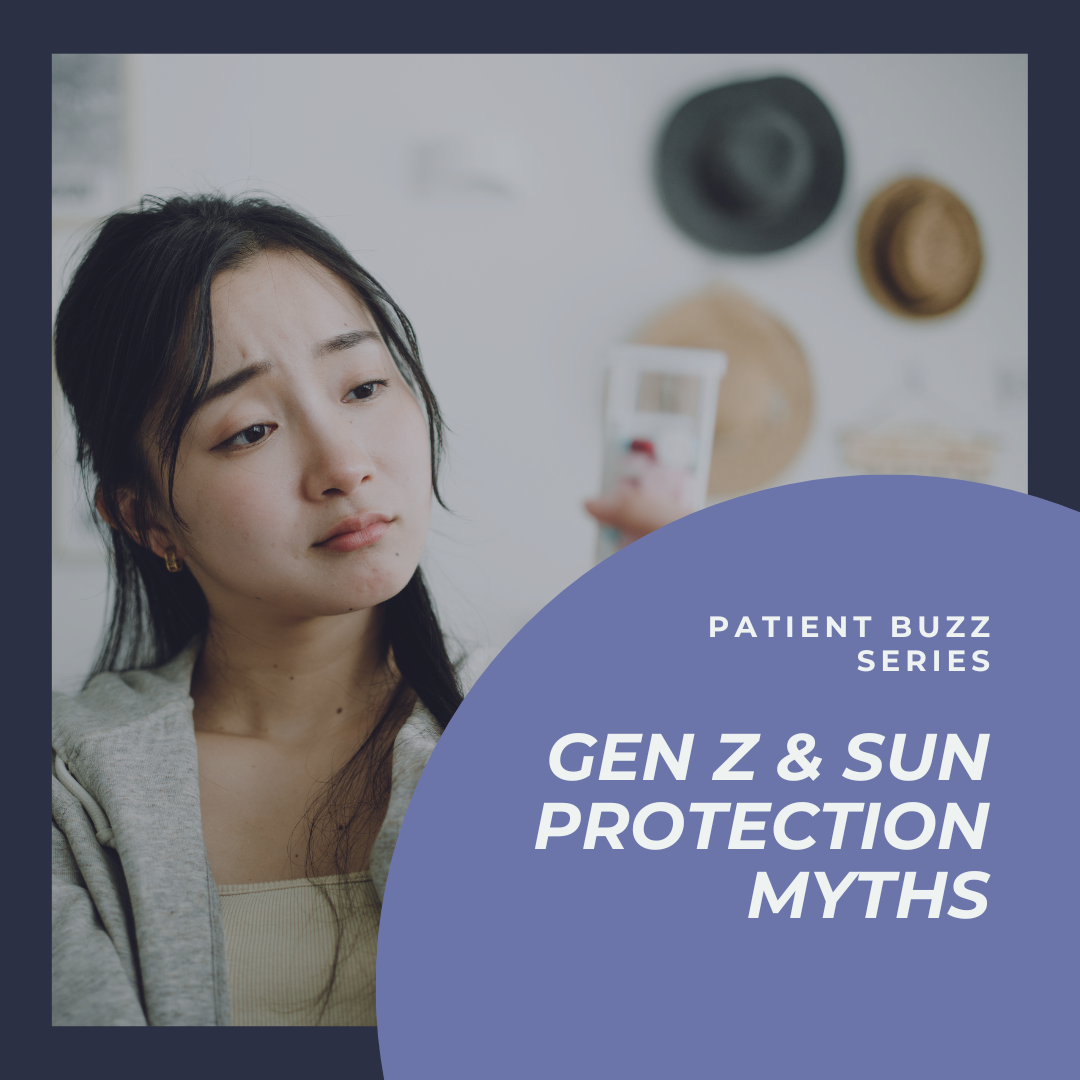Key Insights on Skin Aging and Photodamage from Dr. Zoe Draelos
 At the 2024 Pigmentary Disorders Exchange Symposium in Chicago, Dr. Zoe Draelos, an expert dermatologist and research scientist, gave a comprehensive lecture on skin aging, emphasizing that photodamage is just one aspect of a broader spectrum of factors influencing skin health. Her lecture focused on understanding how various elements contribute to skin aging beyond traditional UV radiation, inclu …
At the 2024 Pigmentary Disorders Exchange Symposium in Chicago, Dr. Zoe Draelos, an expert dermatologist and research scientist, gave a comprehensive lecture on skin aging, emphasizing that photodamage is just one aspect of a broader spectrum of factors influencing skin health. Her lecture focused on understanding how various elements contribute to skin aging beyond traditional UV radiation, inclu …
 At the 2024 Pigmentary Disorders Exchange Symposium in Chicago, Dr. Zoe Draelos, an expert dermatologist and research scientist, gave a comprehensive lecture on skin aging, emphasizing that photodamage is just one aspect of a broader spectrum of factors influencing skin health. Her lecture focused on understanding how various elements contribute to skin aging beyond traditional UV radiation, inclu …
At the 2024 Pigmentary Disorders Exchange Symposium in Chicago, Dr. Zoe Draelos, an expert dermatologist and research scientist, gave a comprehensive lecture on skin aging, emphasizing that photodamage is just one aspect of a broader spectrum of factors influencing skin health. Her lecture focused on understanding how various elements contribute to skin aging beyond traditional UV radiation, inclu … Continue reading "Key Insights on Skin Aging and Photodamage from Dr. Zoe Draelos"


 Another summer means another season for dermatologists in battling sunscreen misinformation, which is a tougher job nowadays thanks to social media. The anti-sunscreen movement, as chronicled by CBS News, is especially influencing young people. Dermatologists are responding by trying to set the record straight on the safety of sunscreen ingredients and the benefits of wearing sunscreen. Dermatolog …
Another summer means another season for dermatologists in battling sunscreen misinformation, which is a tougher job nowadays thanks to social media. The anti-sunscreen movement, as chronicled by CBS News, is especially influencing young people. Dermatologists are responding by trying to set the record straight on the safety of sunscreen ingredients and the benefits of wearing sunscreen. Dermatolog …  You may want to make an extra effort to encourage your young adult patients to protect their skin from the sun. Recent surveys, as noted in The New York Times, showed that adults born after 1997 – those considered in Gen Z – were more likely to believe sun safety myths, including that daily sunscreen usage is more harmful than sun exposure.
Experts say that misinformation in this age group …
You may want to make an extra effort to encourage your young adult patients to protect their skin from the sun. Recent surveys, as noted in The New York Times, showed that adults born after 1997 – those considered in Gen Z – were more likely to believe sun safety myths, including that daily sunscreen usage is more harmful than sun exposure.
Experts say that misinformation in this age group …  Next Steps in Derm, in partnership with Pigmentary Disorders Exchange Symposium interviewed Dr. Susan C. Taylor, Bernett L. Johnson Endowed Professor, director of the Skin of Color Research Fellowship and vice chair for diversity, equity and inclusion in the dermatology department at the Perelman School of Medicine at the University of Pennsylvania. Watch as Dr. Taylor shares the causes of photoda …
Next Steps in Derm, in partnership with Pigmentary Disorders Exchange Symposium interviewed Dr. Susan C. Taylor, Bernett L. Johnson Endowed Professor, director of the Skin of Color Research Fellowship and vice chair for diversity, equity and inclusion in the dermatology department at the Perelman School of Medicine at the University of Pennsylvania. Watch as Dr. Taylor shares the causes of photoda …  The best New Year's resolutions are the ones you can actually keep. Studies show that nearly half of Americans never use sunscreen and those that do, only apply 25-50% of the recommended amount.1-4
Start the New Year right with one of the easiest things you can do to prevent skin cancer—wear sunscreen daily, even when it's cloudy!
Top 10 Sunscreen New Year’s Resolutions:5-10
1. Limit time …
The best New Year's resolutions are the ones you can actually keep. Studies show that nearly half of Americans never use sunscreen and those that do, only apply 25-50% of the recommended amount.1-4
Start the New Year right with one of the easiest things you can do to prevent skin cancer—wear sunscreen daily, even when it's cloudy!
Top 10 Sunscreen New Year’s Resolutions:5-10
1. Limit time …